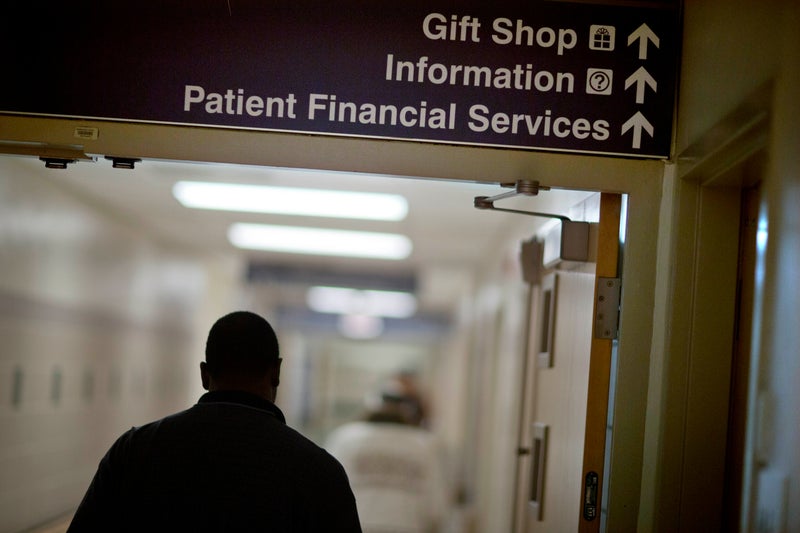Doctors say they’ve unfairly taken on job of preventing patients’ medical debt
Doctors say they’ve unfairly taken on job of preventing patients’ medical debt
Share:
New toolkit helps doctors address patients’ financial needs – a role doctors say they feel thrust into amid worsening crisis. The medical debt advocacy organization Undue Medical Debt released a toolkit to help doctors address patients’ financial needs – a role doctors said they did not train or want, but feel thrust into amid what they see as a worsening crisis.
More than 90% of Americans carry some form of health insurance. Still, an estimated 41% of US adults, or more than 100 million people, also have medical debt – whether held on a credit card, paid off to a provider over time, borrowed from a family member or with a collections agency, surveys show.
Medical debt can result from a wide array of interactions with the US health system. From patient “cost-sharing” such as high deductibles, to “out-of-network” care such as a ground ambulance ride, to insurance denials, to the sheer volume of appointments needed for diseases such as diabetes or cancer – in many cases, the patients must pay.
“The healthcare financing system is undermining that trust, and it’s something physicians have a big stake in,” said Eva Stahl, vice-president of public policy and program management at Undue Medical Debt. Since 2014, Undue Medical Debt has bought and forgiven $10bn worth of medical debt. The organization often buys debt for pennies on the dollar from debt collectors and hospitals, and then retires it.
The new toolkit for doctors comes alongside the release of survey and focus group results, where doctors said they believed the medical debt crisis was worsening. Doctors in focus groups also reported that many do what they can to prevent debt, such as ordering fewer tests, but that they don’t always feel financing should be in their purview.






















